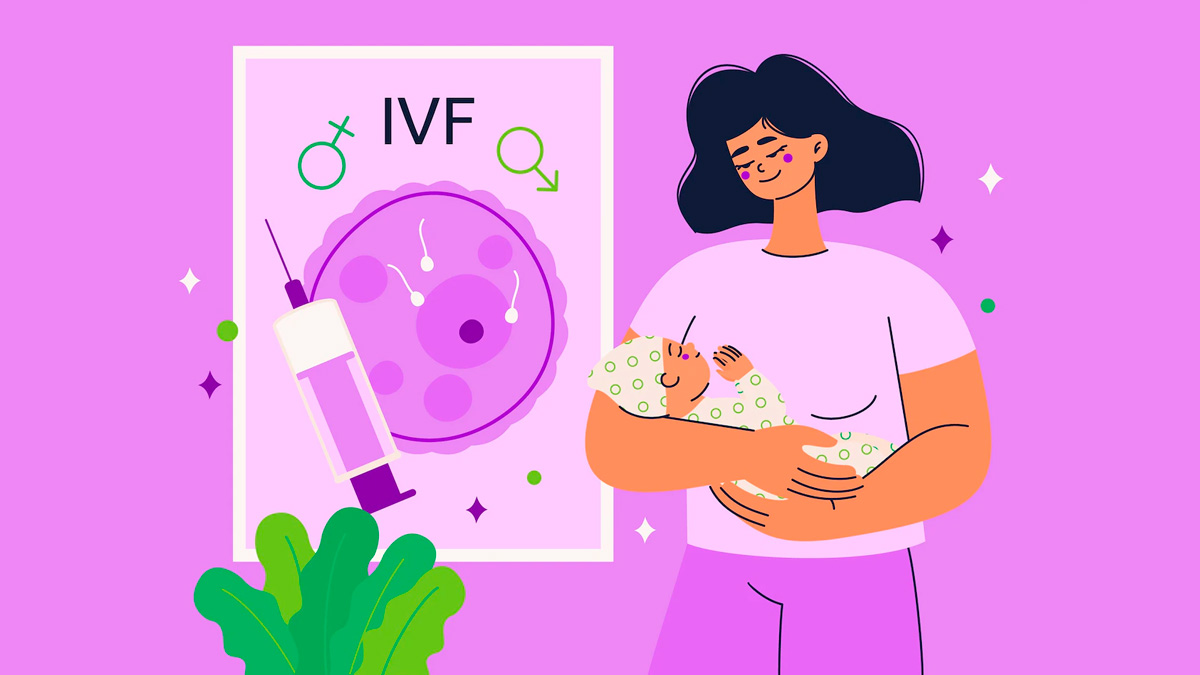Study Conclusion: The body feels 27 types of love
Researchers have created a map of the human body, which shows the different feelings of love and its intensity.
Researchers from Aalto University in Finland used data from surveys conducted on hundreds of people to prepare the map.
Information about 27 types of love experiences was collected from those people.
For example, there are romantic love, sexual love, love of parents, love of friends, love of strangers, love of nature, love of God and love of self.
Suzuki Dashain Offer
Do they feel different types of love in their body with those people or not? It was also asked how intensely they felt physically and mentally.
What has been discovered in that sequence is that there is a continuum from being weak to being strong in different types of love. The research has been published in the journal Philosophical Psychology.
The intensity of love
Researchers say that intense feelings of love can be felt throughout the body. That fact was discovered from the responses given by young women receiving higher education.
Philosopher Partili Rinne, the coordinator of the study, says, "Although this is not particularly unusual, it is worth noting that the feeling of love associated with close relationships is the same and is felt with the greatest intensity."
The participants in the survey were asked to color in a shape of the human body so that what part of the body creates the feeling of love and how do they feel physically and humanly in different ways? And let them tell you how pleasant that feeling was and what it had to do with touch.
Finally, they were asked to rate the closest type of love.
According to Rinne, those types of love that are particularly close to each other have sexual and romantic aspects.
According to researchers, all types of love are felt most in the head. But its intensity is felt differently in different parts of the body. For some, the effect is on the chest, while for others, it is felt throughout the whole body.
Effects from the heart to the brain
Rinne says, 'It is also interesting to find out about the proven relationship between the physical and human intensity of emotion and its pleasant feeling. The more the feeling of love is in the body, the more it is felt mentally and the more pleasant it is.
According to him, as we move from intense love to less intense love, the arousal in the chest becomes progressively weaker.
Perhaps this is because love is associated with the thought process for strangers. It can also be because there is a pleasant sensation in the head.
The researcher says that there is a need for more studies on this. In addition, researchers have also paid attention to the fact that cultural differences play an important role in love.
Rinne says, "If this study was done in a more religious community, the feeling of love for God would have been more intense."
Similarly, if the relationship is with parents, then people feel the most love for their children.
- from the BBC








